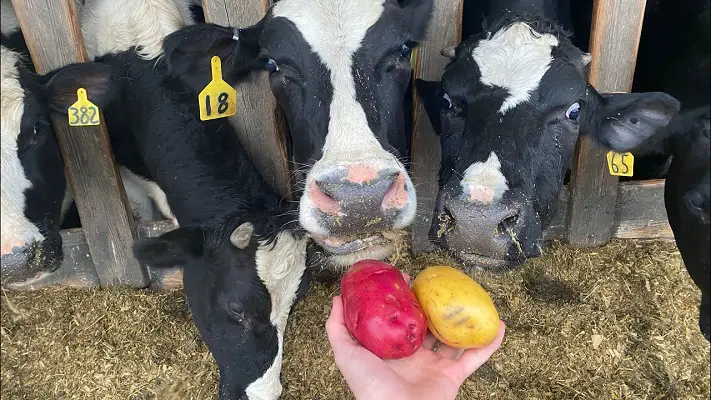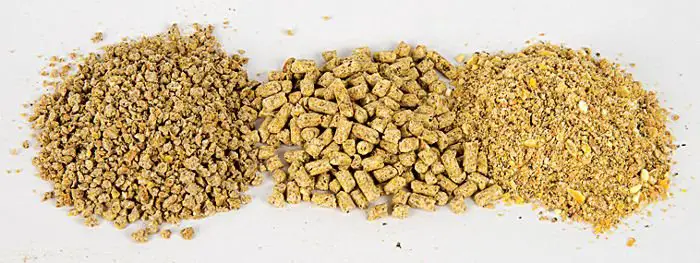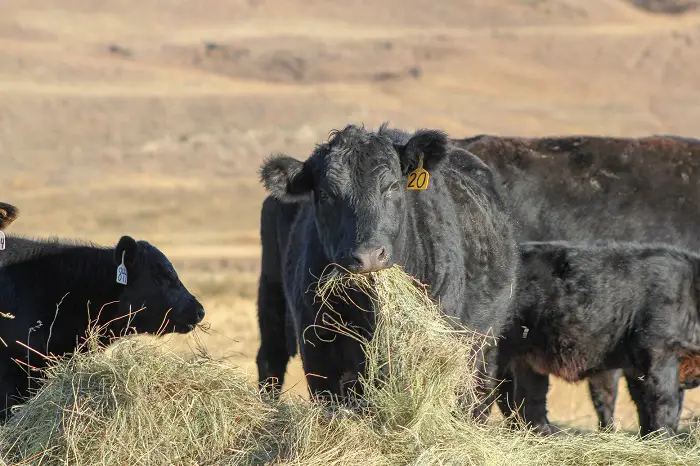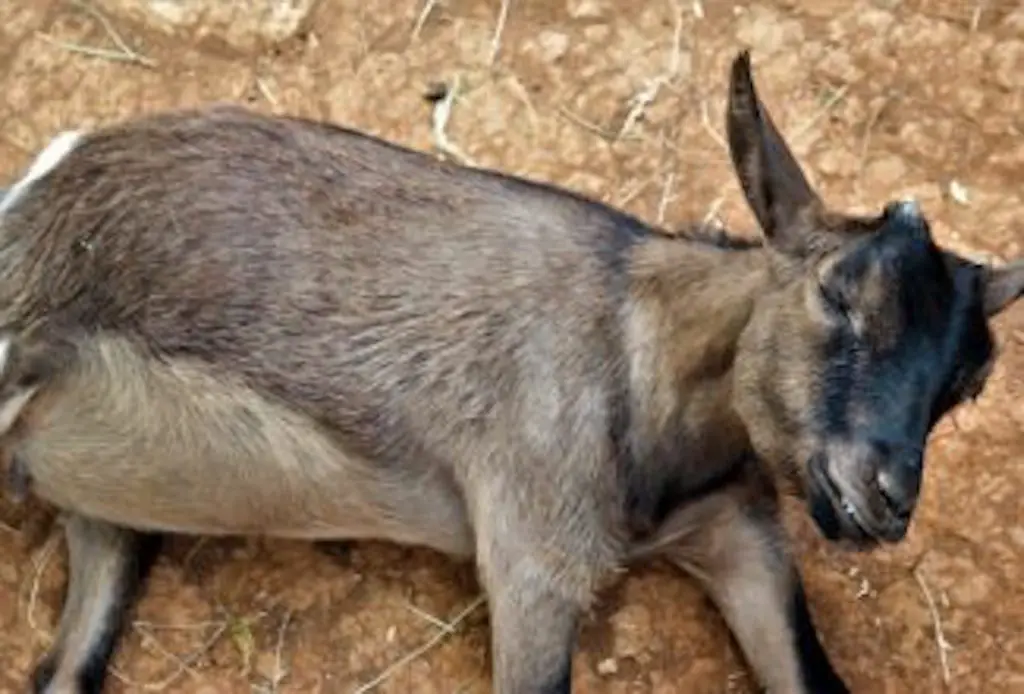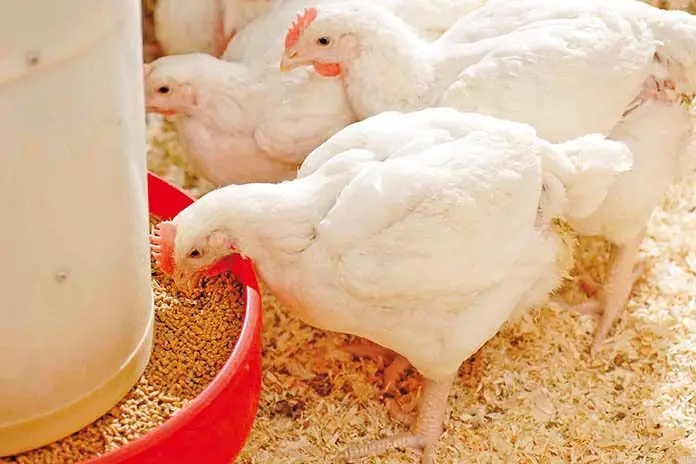There is wide variety of dietary needs that a cow would need in order in grow big and health. Just like any other animal species cattle do have a selection of edible items they eat and find to be palatable. Knowing the type of food items that cows can eat without any health consequences can prove to be very helpful and even rewarding, especially if one is keeping a large number of cattle such as for commercial purposes. It can also prove to be wallet friendly while providing the cows with all the nourishment they need to grow health. One of these food items that most people would love to inquire about are potatoes. This of course is mainly due to the fact that purchasing potatoes can be very cheap, it can be even more cheap or cost nothing at all if one sources their cull potatoes after they have been discarded by the farmers or shopping outlets. Humans find it difficult to consume cull potatoes due to health reasons. Cattle on the other hand can find them very palatable and a very good source of energy. Cow foliage can become very scarce sometimes of the year due to seasonal rainfall and hence the need to supplement their diet using potatoes.
Contents
Can Cows Actually Eat Potatoes?
Cows do actually eat potatoes and they find them to be very palatable. This is good news particularly to those who seek to recycle unwanted and cull potatoes from the farm or supermarkets. One of the most widely used potatoes by-products are cull potatoes found in places like New Brunswick where 135 tonnes are produced annually. Potatoes contain high starch levels hence giving the cows a great deal of energy, similar to eating grain on a dry matter basis. Cull potatoes are often rejected in large quantities due to size, colour or disease making them unfit for human consumption. Potatoes can be very palatable to cows to such an extent that cows can eat over 45 kg of cull potatoes in a day.
Steps To Feeding Cows Potatoes
Whenever one is feeding potatoes to cows, it is essential to ensure the potatoes are introduced in rations, 3-4 pounds a day, then gradually increasing to 10-15 pounds a day for the calves. For the yearlings it is recommended to give 25 pounds per day and for the 1100-pound cows the rations can increased to as high as 35 to 40 pounds a day. It is also advisable to give the cows raw potatoes rather than cooked ones since cows will find the raw ones more palatable. Adding rations of potatoes to the food eaten by the cows can be a good way to lower costs while increasing the variety of the cow diet. When feeding the potatoes to the cows it is advisable to chop them up, as this will remove sorting issues and ensure the cows do not choke while eating the potatoes.
What To Look Out For
Potatoes have very low fibre content levels; they also have very low protein levels. This can be a negative however in order to counter this, it is essential to ensure that potatoes are used as a supplementary diet. This would help to ensure one does not compromise on performance and the feed efficiency, hence allowing the cattle to extract the maximum nutrients. Also ensure the potatoes are fed in rations for better uptake. Cows eat potatoes and find them to be very palatable however if they exceed more than 30% of the diet dry matter, the cows may consume less and less of the potatoes. The proportions therefore should be kept in check. One important factor to also look out for is that potatoes have 75% to 80 % water content hence they can’t be combined with other wet foods which contain more than 70 % moisture content. This is important because wet rations can lower the percentage intake of solids from cow feed. This can also have a negative impact on the daily gains of the cow and particularly in cold weather. Roughage is important to the production of milk for the cow hence, ensure the minimum roughage limits are not exceeded. Ensure the fibre does not fall below 1kg of hay per head of cow per day especially for short-keep feeder cattle. If the cow is on feed for more than 60 days, they should receive above the minimum roughage limits. Another important factor to look out for are glycoalkaloids, potato sprouts and normal potatoes should not turn green especially in large amounts. This may be caused by exposure to sun light hence leading to rise in toxic alkaloids.
Benefits Of Cows Eating Potatoes
Adding potatoes to the forage eaten by cows can increase the nutritional content of the cow feedlot. Potatoes are also very high in energy and contain medium to low amounts of proteins and vitamin A. They have a very high starch content, comparable to grain hence provide a great deal of energy. Potatoes can also be ensiled. This however has to be done with 3 parts chopped potatoes and 1 part of chopped hay. This will help to ensure the potatoes can be kept for much longer and also reduce the risk of having the cows choke on the potatoes. Potatoes are wet bulky in nature and this makes them very suited for mechanized feeding hence in the process the time and labour involved can be minimized greatly.
Cons To Cows Eating Potatoes
Despite being very few, there are some minor draw backs to cows eating potatoes. One of these is that 4.5 kilograms of potatoes are required to replace 1 kilogram of barley or corn hence it can be bulky and difficult to move in large quantities. Raw potato starch can be quite resistant to digestion hence it may not be a good idea to feed large quantities. This may cause excessive starch bypassing the rumen and this undigested starch can cause digestive upsets in the lower intestinal tract. Potatoes can also be low in proteins and fibre hence it is not ideal to use them as a substitute to the normal forage eaten by cows. They however act as a good supplementary diet. Potatoes also are low in minerals such as calcium and magnesium hence supplements may be necessary of about 50 and 100 grams per head per day.
Conclusion
Cows do eat potatoes and they actually find them palatable. Potatoes do provide a great deal of energy to the cows that eat them; however, potatoes do lack in other essential nutrients such as proteins, minerals and vitamins hence they may the need to supplement in order to ensure the cows have a good and well-balanced diet to eat that will provide all the nourishment they need.
